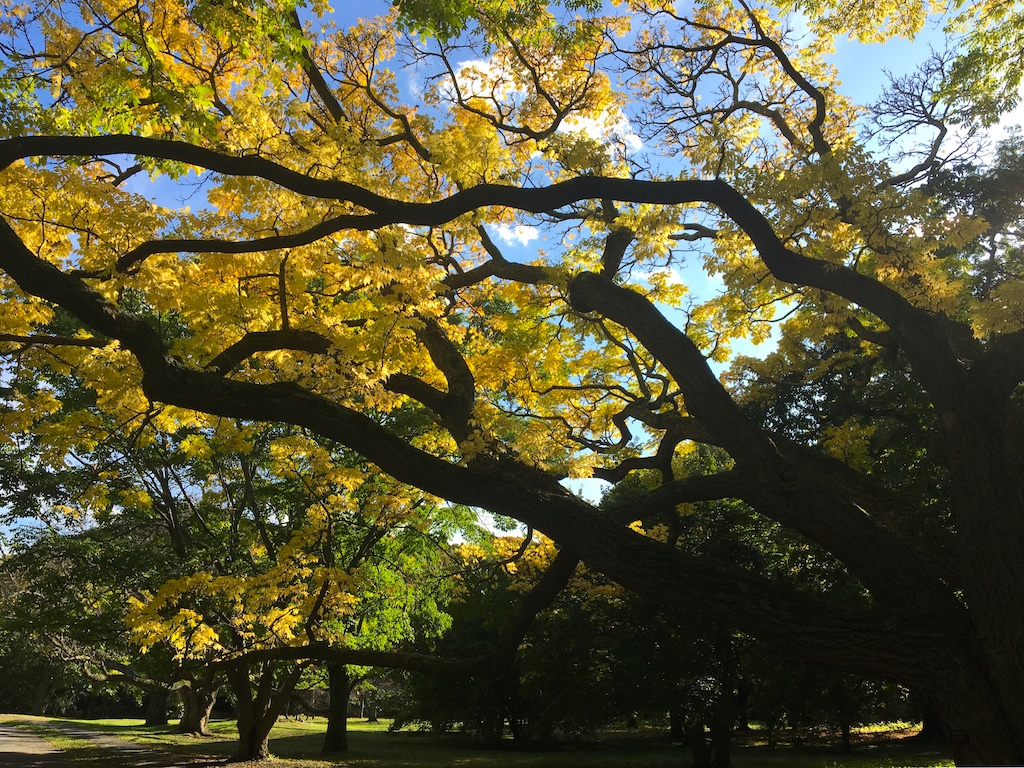Time: A bright afternoon in early October. Place: Kolkata in the mid-2000s. Upon her return from school on the last day before Durga Puja holidays, a teenaged girl flings her bag at the sofa and darts to her room where around half a dozen “puja-baarshiki” (special edition for Durga Puja) magazines await her. It is “Ponchomi” (fifth day of the festival period). Without delay, she buries her nose in them; the faster she devours the books, the earlier she can start hopping Durga Puja pandals with friends.
Fifteen years later, the girl lives halfway around the globe. Though she can’t get hold of those magazines in Boston, she follows the rest of the traditions to a T; she puts work aside for a few days of unadulterated “adda” (lazy chats), feasting and visiting Durga Pujas with her husband and friends. After all, isn’t that something all self-respecting Bengalis would do? However, this year, the year of the life-altering pandemic, most of her Durga Puja rituals might have to take a break.
Because, lack of Pujo (the way Bengalis refer to Durga Puja). Well, not exactly, as most of Boston’s Durga Puja organisers are still going ahead with the celebrations, albeit without “onjoli“ (offering flowers to the deity), “proshad bitoron” (distribution of blessed food), and cultural events. In fact, following the city’s official mandate against large gatherings, these Pujos will all go virtual.
One of the things that makes Pujo far away from home a little less unbearable is cultural performances. This year, for obvious reasons, they have been cancelled. There goes our chance to catch the Bengali band Chandrabindoo live in action! However, some of the Pujos have arranged for artistes to perform live from India over the upcoming weekend. Yes, 2020 will be remembered by posterity for being the year of alternatives!
October is not the time for cumulus cloud-gazing in Boston; ’tis the season of sweaters, indoor heating, and pumpkin spiced lattes. It’s again Ponchomi today, and the cherry tree outside the girl’s window that has turned golden brings back memories of people coming out in flocks in Kolkata, sashaying their newly acquired clothing bought exclusively to celebrate the homecoming of the mother goddess and her children. It’s time for her city to turn into a cacophony of sounds, sights and smells, though all your senses can feel for a week is a method to the terrifying madness.
Pujo shopping. Check. A bottle of hand sanitiser, four pounds of mutton, an “ilish“ (a fish), taco shells and a microwave popcorn popper. Get the drift? Isn’t this the Pujo of minimum requirements!
The phone won’t stop buzzing. The little girl, who is now in her 30s, is busy making plans to catch up with friends over Zoom calls. And then there’s her Dad, always up for a chat on the other end of the phone. But then, she still hasn’t decided if she’ll watch the new season of British Bakeoff or Emily in Paris — actually, probably both. If she can adapt to the idea of squeezing in all five days of Pujo into just the weekend, and wear leg-warmers underneath her “paat-bhanga” (ironed) saree, she can pretty much adjust to anything, don’t you think?
“Aschhe bochhor abar hobe.”
Which roughly translates to “we’ll celebrate again next year”. That’s all she’s praying for, hoping for. That there is a next year. That there is another Pujo, devoid of diseases or catastrophes. After everybody has survived this horrible insanity.
Dugga Dugga!
The author is a US-based academic. Picture by author.
This article was first published in 2021

Talk to me